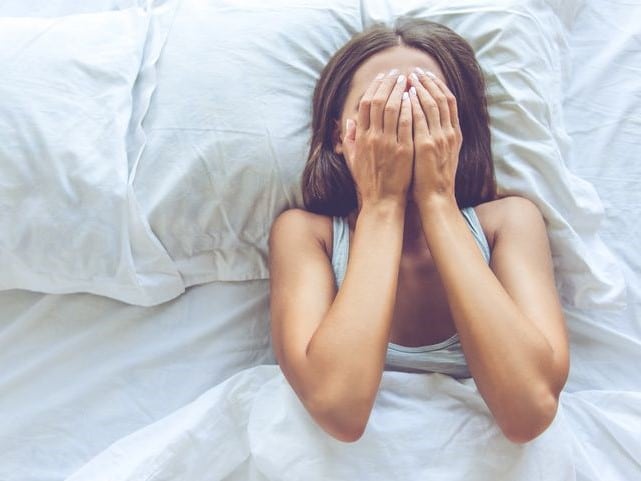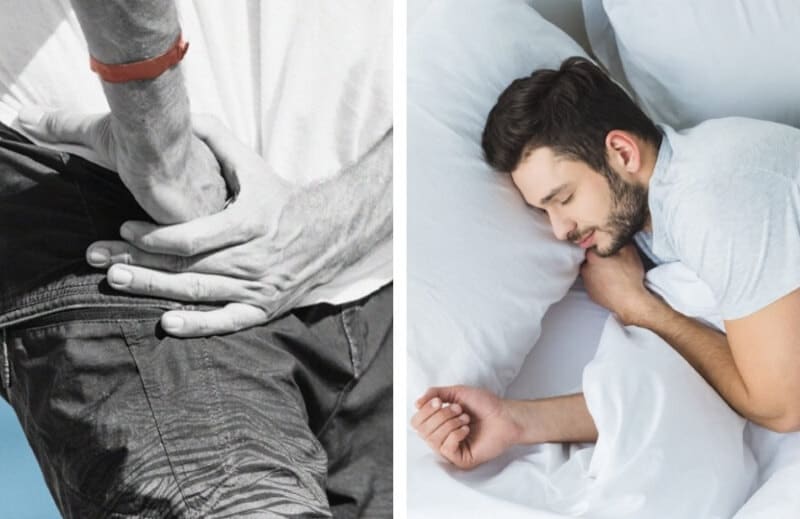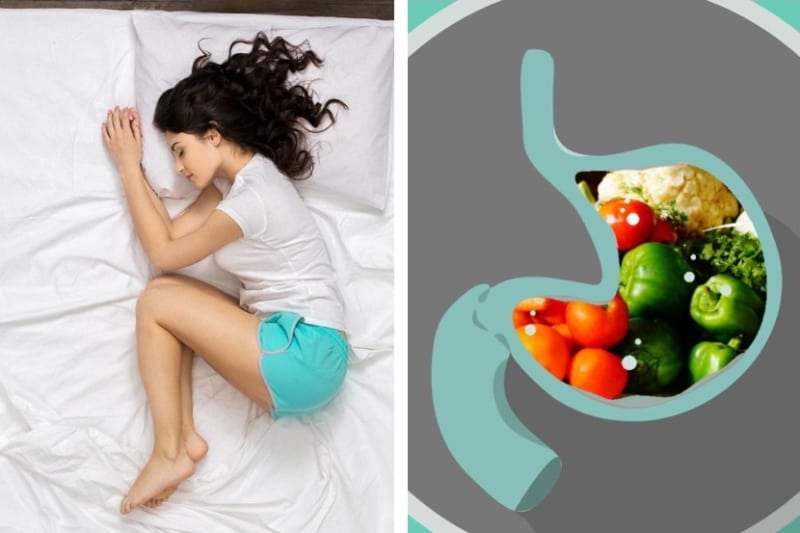

Drooling is embarrassing to a lot of us. No one wants to wake up to a pool of saliva on their pillow. The reason it mostly happens at night is that the muscles are relaxed at that time and we have less control over them and over activities such as swallowing, keeping our mouths closed and breathing properly through the nose.
In this article, we will discuss how to stop drooling in your sleep. There are several methods and practices you can use to prevent the habit. Some fixes might involve medical attention, but we have also included excess saliva while sleeping home remedies. We also explain some common causes of slobbering at night.
Why do I drool when I sleep? We wish we could single out one answer, but the truth is that there are multiple reasons for drooling. We will explain the most common causes below.
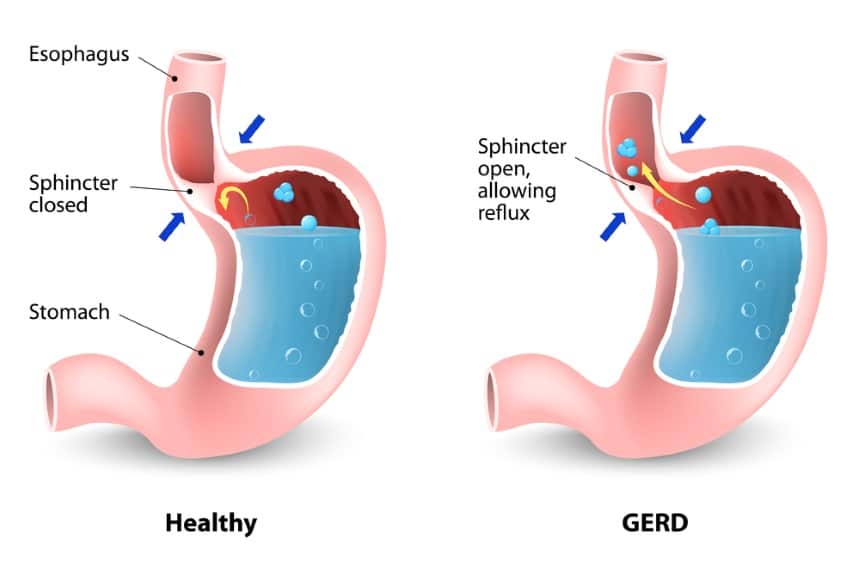 Sleep bruxism: Bruxism refers to involuntary jaw clenching and
teeth grinding
Trusted Source
Teeth grinding (bruxism)
Read about teeth grinding (bruxism), where you rub your teeth together and clench your jaw. It’s often stress- or anxiety-related and is treated with muscle-relaxation techniques or by using a mouth guard.
www.nhs.uk
, and it is mostly associated with stress or anxiety. It may also be caused by snoring, disrupted sleep, sleeping on your stomach, and inadequate sleep. The reason that bruxism increases chances of drooling while asleep is because people tend to breathe through the mouth when they grind their teeth, and it is easier for saliva to seep out of an open mouth.
Sleep bruxism: Bruxism refers to involuntary jaw clenching and
teeth grinding
Trusted Source
Teeth grinding (bruxism)
Read about teeth grinding (bruxism), where you rub your teeth together and clench your jaw. It’s often stress- or anxiety-related and is treated with muscle-relaxation techniques or by using a mouth guard.
www.nhs.uk
, and it is mostly associated with stress or anxiety. It may also be caused by snoring, disrupted sleep, sleeping on your stomach, and inadequate sleep. The reason that bruxism increases chances of drooling while asleep is because people tend to breathe through the mouth when they grind their teeth, and it is easier for saliva to seep out of an open mouth.We all produce saliva during the day and at night to lubricate our mouth and throat. When sleeping, it is not as easy to swallow or breathe through the nose as we would during the day. The muscles are more relaxed, and there are plenty of people who sleep with their mouths open, which increases the likelihood of saliva escaping. This is why drooling while asleep is often considered normal.
We have discussed means of how to stop slobbering during sleep because although it is normal to drool at night, drooling too much can cause chapped lips, dehydration, bad breath and embarrassment.
So, is drooling dangerous? Dehydration is potentially dangerous. That is why we suggest having water near your bedside to drink at night. If you drool a lot, you might inhale saliva into your lungs, and this could lead to pneumonia.
Producing excess saliva while sleeping can be dangerous if it gets into the lungs or causes severe dehydration. Below are several ways on how to stop slobbering at night. We have also explained when to seek medication for the issue.
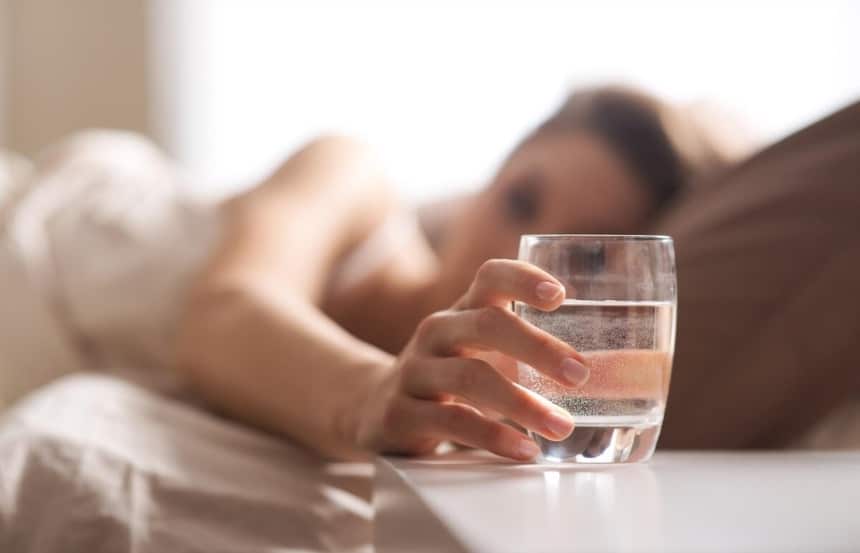
A common cause that is cited when people seek excess saliva while sleeping home remedies is respiratory allergies. It manifests itself in form of itchy eyes, nasal congestion, sinusitis, and a running nose. It makes it difficult to breathe through your nose when it is blocked.
There are things you could try to improve the situation. They include keeping pets away from your bed to prevent pet dander that could trigger allergies, and using an air purifier to regulate humidity in your bedroom and to prevent proliferation of dust mites. Using hypoallergenic sheets made of cotton, bamboo or silk will also help to stop you from slobbering at night.
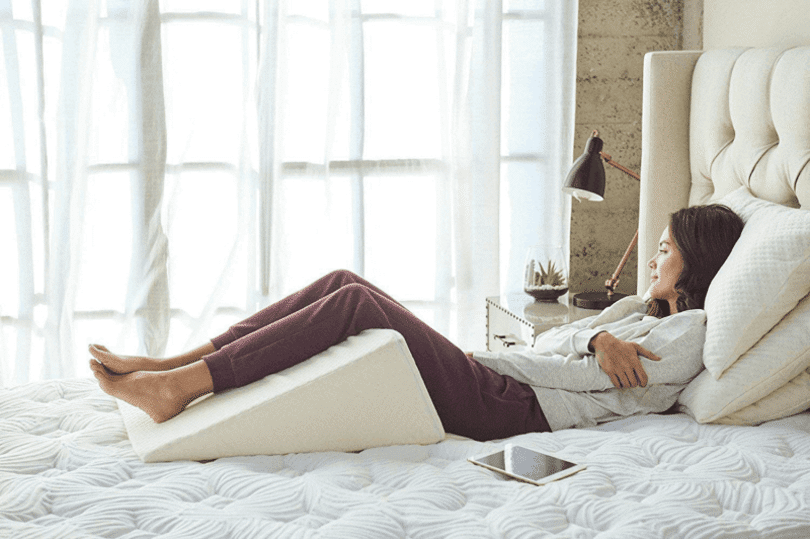
Switching to sleeping on your back is one of the most effective excess saliva while sleeping home remedies. Considering most people sleep on their side, it might take you a while to adjust to the new sleeping position.
You may also need to change your mattress and pillows to be comfortable when sleeping on your back. Side sleepers favor a thicker pillow and a soft and plush mattress whereas stomach sleepers are best suited by a firm mattress and a thin pillow. When you start sleeping on your back, you will need a mattress of medium firmness and a pillow that is 3 to 5 inches thick. That kind of pillow will support your head comfortably and the mattress will be soft enough for the natural spinal alignment yet sufficiently firm to support your lower back.
You can also use a wedge pillow under your knees to reduce pressure on your lower back, and extra pillows on your sides to keep you in one position throughout the night.
Sleep apnea refers to a disorder that interrupts your breathing when sleeping. Your breathing frequently stops and starts all night. The most common causes are age and obesity. The symptoms are snoring, excessive drooling, a sore throat, a dry mouth, and increased drowsiness during the day. You might also wake up suddenly choking or gasping for breath.
When your nose is congested, you are forced to breathe through your mouth, and this increases the chances of slobbering during sleep as the air movement forces saliva out of your mouth.
Treating sleep apnea, sinus infections and a stuffy nose will reduce drooling.
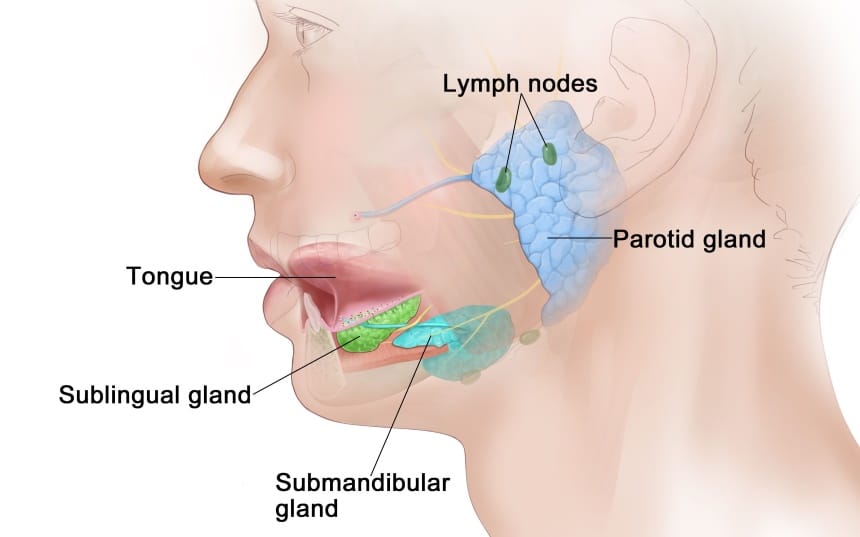
When Botox is injected into the salivary glands of people with neurological disorders, it paralyzes the muscles and limits the salivary glands from working.
The treatment is not FDA-approved to reduce excess saliva production at night, but people are increasingly using it for that because is considered safe and effective, with minimal side effects.
Consult your doctor before seeking Botox and other injectable treatments to see if they would recommend it to you to prevent drooling.
A higher pillow will prop up your head and prevent drooling through gravity. However, you must find the right pillow for your sleeping position, and one with proper thickness to avoid applying excess pressure on your natural spinal alignment with the cranium and cervix. For instance, if you sleep on your back, the ideal pillow should me of medium firmness with thickness of 3 to 5 inches. Another way to easily elevate your head is with bed frames like The Nectar Adjustable Bed Frame. You can adjust it to a comfortable height that does not position the head in a way that restricts the airway.
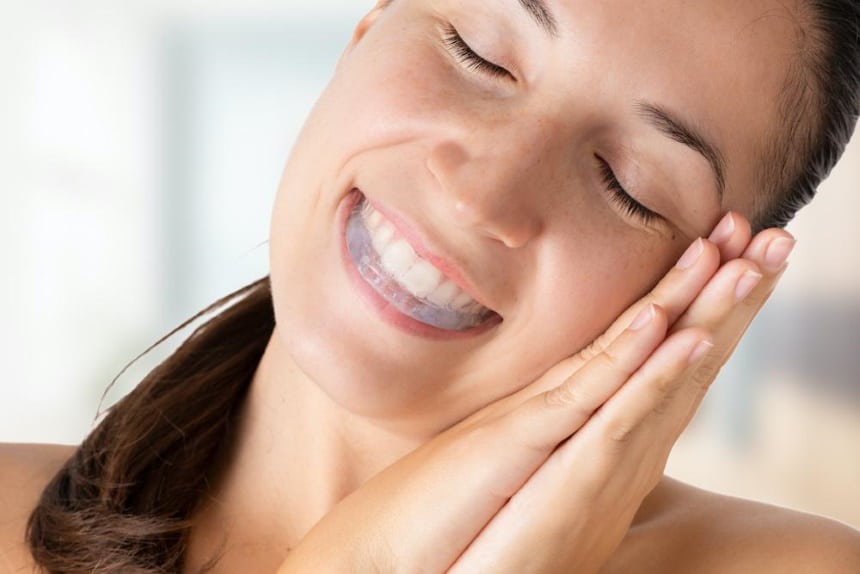
You can purchase a mouthguard over the counter or have your dentist mold a custom one to specifically fit in your mouth. The latter will be more comfortable and will reduce drooling over time. On the other hand, you might initially produce excess saliva with a generic mouthguard as your mouth adjusts to it.
These oral appliances also help to improve swallowing and to reduce teeth grinding and snoring. They achieve this by closing your lips and positioning your tongue and teeth correctly.
There are several factors that cause slobbering during sleep. Depending on the situation, you could seek speech therapy to improve your jaw muscles and make your tongue stronger. This improves their stability and helps you to fully close your lips. In addition to preventing drooling, it will also improve swallowing and help you to breathe properly with your mouth closed.
If all else fails, you might have an underlying neurological condition that requires surgery. If you are hypersalivating while asleep, your doctor could recommend removing your submandibular and sublingual salivary glands, decreasing the link between your nerves and salivary glands, or modifying your salivary gland ducts.
Most people who slobber at night see improvement after surgery, but you should only resort to this if your case is severe and all the other treatments have not worked. Meanwhile, find a pillow like Original Casper Pillow that is machine washable so it would be easier to clean up any drool.
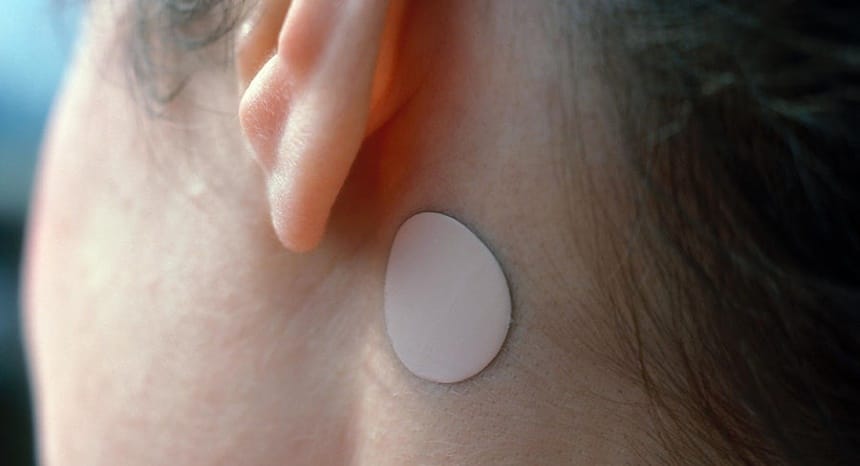
However, these medication cause side effects such as dizziness, overly dry mouth, increased heart rate, irritability, drowsiness, itchy eyes, decreases sweating, hyperactivity, and trouble urinating.
Top-rated pillows have been proven to prevent drooling and snoring which is caused by restricted airway and trouble with swallowing. They elevate your head in a position that does not limit you from breathing through the nose, and they also maintain the natural spinal alignment to promote better sleep. There are several factors that cause slobbering at night, and as many solutions to fix the problem of excess saliva while sleeping. Home remedies such as hypoallergenic bedding, air purifiers and keeping pets out of your bed will help to prevent respiratory allergies that are a key cause of drooling while asleep. For individual with neurological disorders that predisposes them to it, medical procedures on how to stop drooling in your sleep include surgery, medication and speech therapy.



